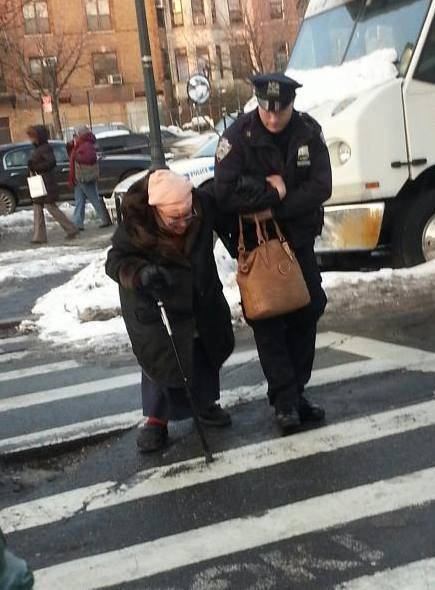
Stuck at a red light for the third time, I was already late to pick up my niece from daycare. My frustration faded when I noticed an elderly woman slowly crossing the street with a policeman helping her. She moved carefully, clutching a tote bag, and paused to smile at me, stirring a familiar memory.
That face belonged to Maribel, the woman my brother Mateo had hit with his car twelve years ago. After the accident, she had shown incredible grace, forgiving him and asking for leniency in court. Her kindness had left a lasting impact on Mateo, who struggled with guilt and alcohol afterward.Overwhelmed, I parked and called out to her. When she turned, her gentle eyes recognized me. I introduced myself as Mateo’s sister and shared that he was now sober and trying to move on. Maribel expressed that she still thought of both of us, revealing how much her forgiveness had meant to her healing.
As we walked to a nearby pharmacy, she shared stories of her life, including her late husband and her cat. Maribel mentioned reading the letter Mateo had written her during his time of guilt, which made me feel connected to her. I broke down, moved by her strength and grace. Before we parted, she asked me to tell Mateo she was proud of him.
That evening, I called Mateo to share the encounter. He was silent at first, then expressed disbelief that she remembered him. I relayed Maribel’s message, and for the first time in years, I heard him cry—not from guilt, but from a sense of restoration and hope.
The next few weeks brought a subtle shift in our lives. Mateo began to open up more about his past, not only the guilt he carried but the years he had spent running away from it. For the first time, he spoke about his struggle with alcohol, how he had tried to numb the pain, and how he felt trapped by his own mistakes. But now, with Maribel’s forgiveness echoing in his mind, he seemed determined to face it all head-on. I saw in him a strength I hadn’t known was there, a quiet resilience that made me proud.
One afternoon, Mateo invited me to visit him at his apartment. When I arrived, I found him sitting at a small table, surrounded by sketches and paints. He had started painting again—something he had loved as a child but abandoned for years. The first piece he showed me was a portrait of Maribel, a tribute to the woman who had shown him grace when he least deserved it. Her face was soft, full of warmth, but there was also a quiet power in the way he had captured her expression. It was as if he was saying, “I will carry this forgiveness with me always.”
Several months later, Mateo called to let me know that he was going to visit Maribel. He wanted to thank her in person, to express the gratitude he had never fully articulated before. When he returned, his voice was lighter, and I could hear the joy in it. He told me that Maribel had welcomed him with open arms, just as she always had, and that they had spent hours talking about their lives, their losses, and how far they had come. For Mateo, it was a moment of full closure, a moment where he could finally say thank you, not out of guilt, but out of love and respect.

